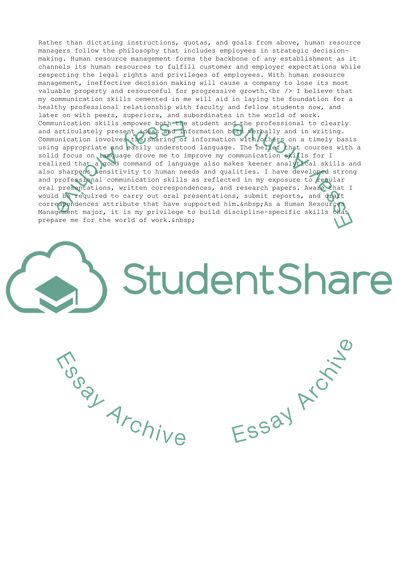Cite this document
(The New Paradigm for Human Resource Management Assignment, n.d.)
The New Paradigm for Human Resource Management Assignment. Retrieved from https://studentshare.org/management/1597337-practical-and-written-assessment-type-report-or-equivalent
The New Paradigm for Human Resource Management Assignment. Retrieved from https://studentshare.org/management/1597337-practical-and-written-assessment-type-report-or-equivalent
(The New Paradigm for Human Resource Management Assignment)
The New Paradigm for Human Resource Management Assignment. https://studentshare.org/management/1597337-practical-and-written-assessment-type-report-or-equivalent.
The New Paradigm for Human Resource Management Assignment. https://studentshare.org/management/1597337-practical-and-written-assessment-type-report-or-equivalent.
“The New Paradigm for Human Resource Management Assignment”, n.d. https://studentshare.org/management/1597337-practical-and-written-assessment-type-report-or-equivalent.


